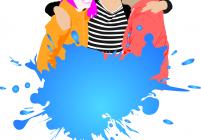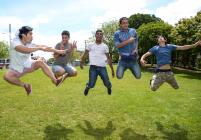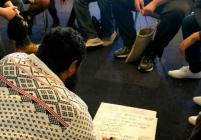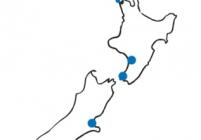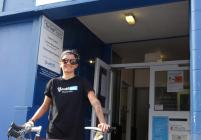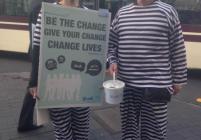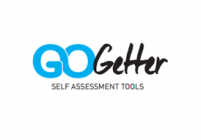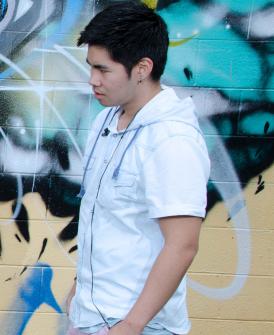
Physical abuse and violence
-
Relationships >
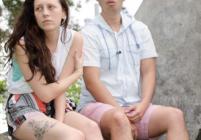
Relationships
Friends, family, boyfriends, girlfriends...
-
Sex >
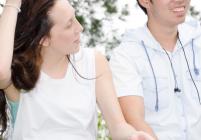
Sex
Being ready, consent, safety and more
-
Abuse and violence >
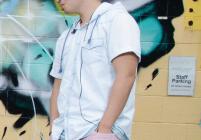
Abuse and violence
Physical, sexual, emotional and support
-
Bullying >
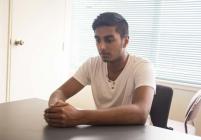
Bullying
Peer pressure, getting help & helping others
-
Your body >

Your body
Feeling good, exercise and your health
-
Your mind >

Your mind
Feelings, thoughts, getting help and supporting friends
-
Drugs and Alcohol >
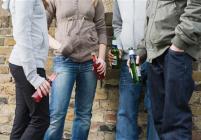
Drugs and Alcohol
Staying safe, partying, tips
-
Beyond school >

Beyond school
Study, jobs, money, help & travel!
-
Our society >
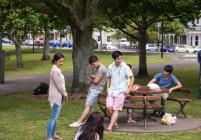
Our society
The world around us
- GoGetter >
-
Learning >
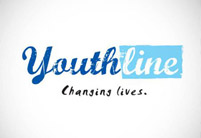
Learning
Can't find what you are looking for?
Need Support or want to talk?
Contact us, by clicking here, we are here to help!
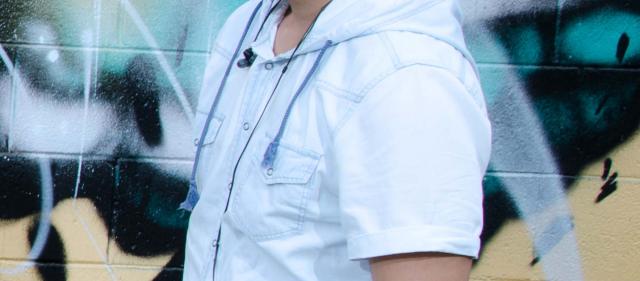
Physical abuse and violence
Topics in this section:
What is physical abuse?
Physical abuse can be defined as actions that cause physical injury, leave marks, or cause pain. This includes any kind of:
- Hitting with hand or objects
- Shaking
- Burning
- Pinching
- Scratching
- Biting
- Bruising
- Choking
- Grabbing
- Throwing
- Beating
- Holding someone against their will, like stopping them from leaving the house, or getting away from a potentially harmful situation.
- It can also include putting someone in danger, like pushing them from a car.
- Forcing someone to eat harmful substances
- Forcing someone to sit or hold a position for a long time
- Not allowing someone to go to the bathroom
- Locking someone away or tying someone up in a cupboard, room or outside
What are the impacts of physical abuse?
- Feeling very sad, tearful
- Feeling quiet, shy, lonely
- Feeling very angry and wanting to shout and smash things
- Snapping at others or being grumpy
- Mood swings
- Not caring about other people’s feelings
- Not trusting others
- Wanting to hurt or punish others or “teach them a lesson”
- Trouble concentrating
- Nervous, jumpy and wound up
- Sleeplessness and nightmares
- Shame or embarrassment
- No confidence, feeling worthless or bad about yourself
- Numb
- Scared
- Drug/Alcohol abuse
- Eating disorders
- Problems with school work
- Problems with relationships
- Suicidal thoughts
- Self-harm
- Physical abuse is NEVER okay and is NEVER ‘deserved’ – there is no excuse for violence.
- Physical abuse can happen anywhere (in any suburb and any part of the country) and to any one.
- Abusers can be both men and women and can be any age.
- Abusers need help. They need to learn how to control their anger and stress and not take it out on others.
- Physical abuse is not just about anger. It’s about using power to control, intimidate or use another person while ignoring that person’s rights and needs.
If you are the one being abused then the first step is to tell someone you trust about what is going on. Talk to trusted friends so that they can support you to tell an adult that can help.
Adults that could help include:
- Your whanau: This could be a parent, an aunty, grandparent or someone else in your whanau
- Friends’ parents
- Your school: a teacher, counsellor, nurse or coach at your school
- Your youth group leader
- Your doctor
- Youthline: Call 0800 37 66 33 or free TXT 234
- A police officer
- A youth worker
- A social worker
- If you are a female and the abuse is happening in your relationship, you can contact Women’s Refuge on 0800 733 843 or SHINE on 0508 744 633 for advice, support and information
- If you are under 17 and may not be safe at home, contact Child, Youth and Family on 0508 326 459
It may not seem like it sometimes, but there are lots of adults out there who care about you being safe and will do whatever they can to help. These adults will be able to listen and help you to figure out what you want to do next. It may be hard at first to tell, but keep asking for help and support until you get it. You may worry about what will happen if you tell and you may not want anyone to get into trouble, but remember that no one has the right to treat you poorly and you deserve to be safe.
Need to talk to someone?
Kia ora - tamariki ma
Contact us, we are here to help!



